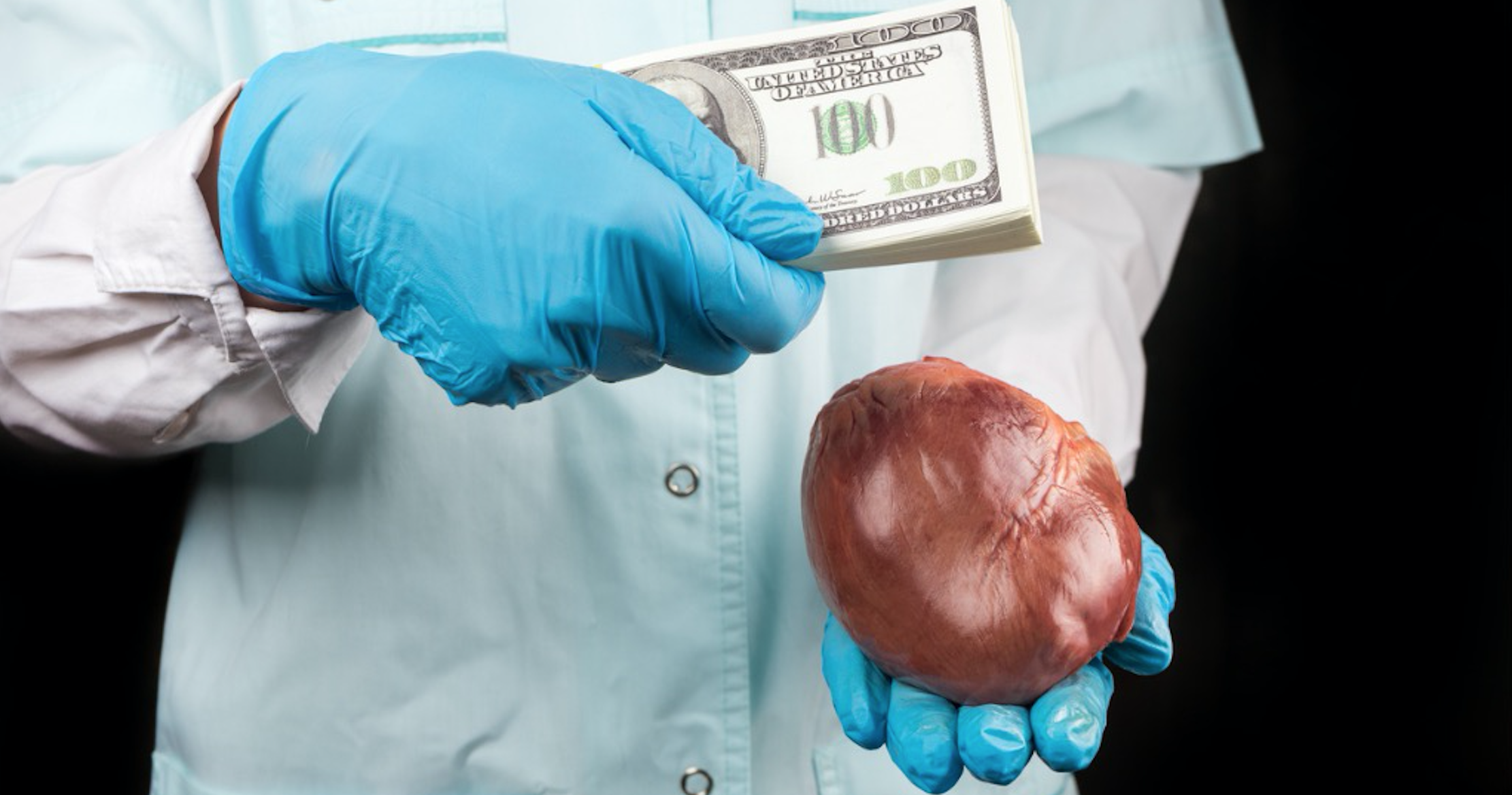
Faced with the shortage of organs, some patients travel abroad for an illegal transplant. How are governments responding?
In 2008 a man in an alarming condition was arrested at the airport in Pristina, Kosovo. The incident revealed one of the largest organ trafficking networks in Europe. He had been promised a hefty sum, which he never received, to have one of his kidneys removed. Some 20 other victims suffered the same fate. Meanwhile, patients in need of a transplant pay between 95,000 and 120,000 Swiss francs for an operation. “Organ trafficking is one of the world’s top 10 illegal trades and is often linked with organised crime,” says Salome Ryf, who is on the scientific staff of the transplantation section at the Swiss Federal Office of Public Health. “Like other forms of organised crime, it’s all underground, so it's difficult to put into numbers.”
Organ trafficking has no borders. And laws vary from country to country.
“Buying or selling organs is already illegal in most countries in the world. However, recruitment, solicitation and the role of doctors and hospitals come under different legal standards”, says Oscar Alarcón Jimenez, co-secretary of the European Committee on Crime Problems of the Council of Europe.
To encourage cooperation between governments, the Council of Europe has established an international convention on action against trafficking of human organs, which aims to create a legal framework for its criminal suppression. To date, 23 countries have signed the treaty, and five have ratified it.
The convention aims to make national transplantation systems more transparent and efficient, while stipulating that countries should take steps to provide a legal framework for organ allocation and traceability, develop training programmes for healthcare professionals and enhance public awareness. These measures have already produced results, for example in Spain. The country has reorganised its transplant system, by providing ongoing training for transplant coordinators at hospitals, discussing the issue with relatives and loved ones of donors, and offering financial compensation for hospitals. Now, Spain has one of the highest donor rates in the world, at nearly 44 per million population.
The Swiss Confederation has also signed the convention of the Council of Europe. “Switzerland already has effective legislation in place, but the transplant law only prohibits organ trade practices in Switzerland or from Switzerland. The convention goes further, as organ trafficking crimes committed abroad can also be punished,” Salome Ryf explains.